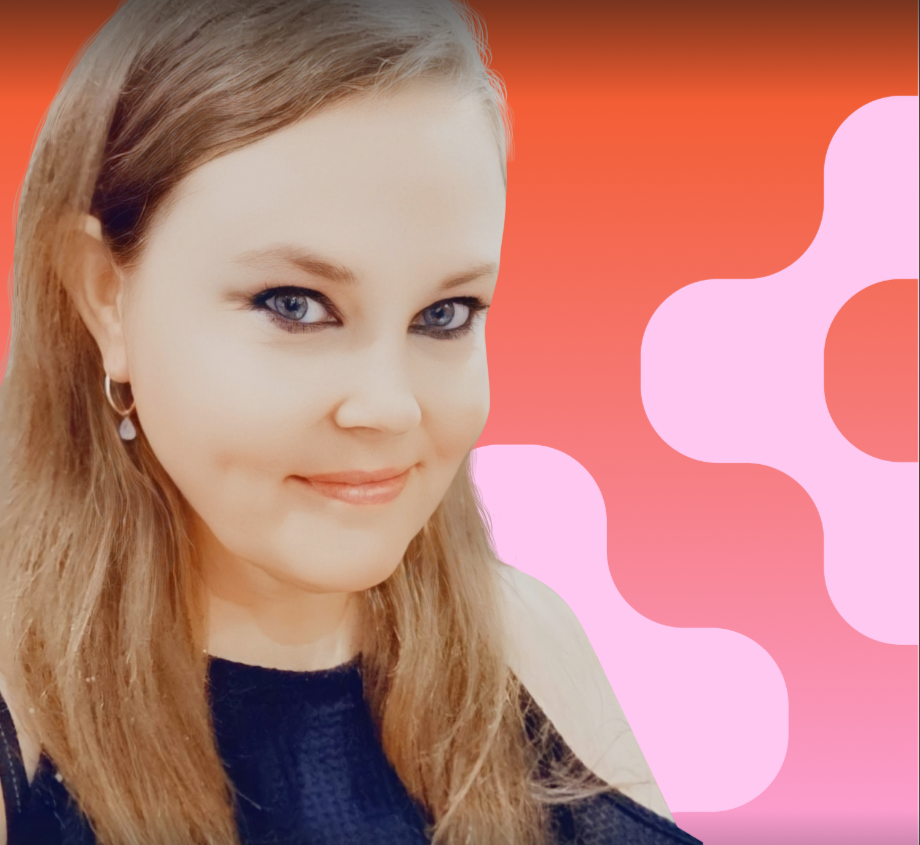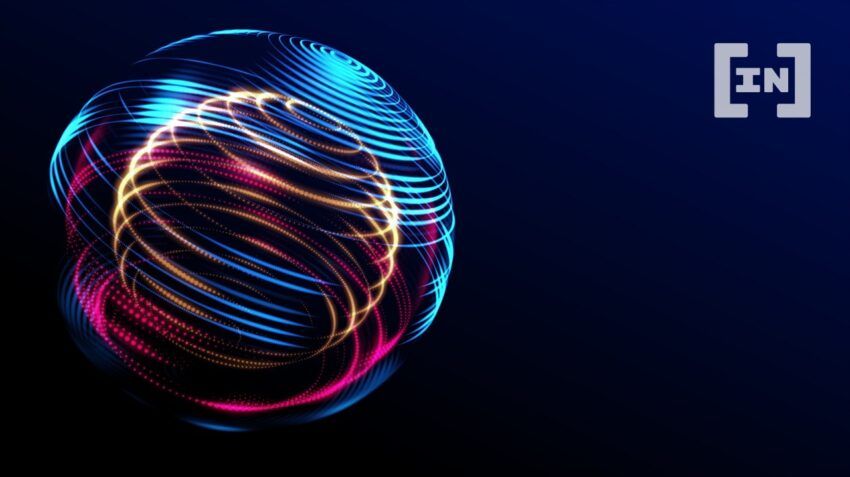DAOs: It’s 2022, and Decentralized Autonomous Organizations – also known as DAOs – have arrived. Reimo Hammerberg, CEO and co-founder of Ignium asks, can DAOs really solve the world’s problems?
These organizations serve to disrupt the typical hierarchies that are found in most corporate and not-for-profit entities. And while they have been the subject of some controversy, they do aim to resolve some real issues: namely, the grossly unequal distribution of power and revenue that is typical in many businesses, especially in Web2 platforms.
How can implementing a DAO structure accomplish this, you ask? Their most vocal supporters point to smart contracts, transparency, and non-hierarchical leadership structures. But DAOs are not magic wands that we can simply wave to banish the moral hazards inherent to human nature. They do not – and cannot – replace the need for trust.
Indeed, there is a long way to go to make DAOs usable. This is particularly true when it comes to more complex organizations: mission-driven, long-term ventures where reiteration in pursuit of a vision is a constant and the outcomes are unknown.
Still, DAOs aren’t going anywhere. And since they’re here, why not use them in the settings they are best-suited for – specifically, simple DAOs for shorter-term project ventures (ie where funds are raised and used for particular purposes); and “semi-DAOs” for more complex organizations.
A DAO here, a DAO there: How are DAOs most commonly used?
In the most ideal terms, a DAO is completely run by users, with no centralized authorities. All governance is based on a set of smart contracts, and everything is fully transparent. Still, DAOs have become so prolific that there is one for nearly everything (see: Squiggle DAO.) And the term itself is so ubiquitous that it’s almost lost its meaning.
However, there are three main problems that DAOs are often invoked to cure. And each of them points toward a single objective: to create systems that do not require people to trust one another to function.
The first of these is protection against censorship. The growing power of major tech companies has caused much public concern about restrictions on freedom of expression that could be imposed by a central power. In theory, DAOs can prevent any single actor from gaining too much power over the majority of people who use a product or service: for example, a handful of CEOs having the power to decide which perspectives do and do not have the right to be seen; banks controlling large portions of the financial system, and even governments holding too much power over their constituents.
Beyond protection against censorship, DAOs are also often prescribed to eliminate gatekeepers and other holds on who can and cannot access certain networks. And finally, DAOs are often spoken about in the context of fair distribution: ensuring that all participants in a network are fairly rewarded for their contributions (for example, social media platforms that reward their users for posting and engaging with content.)
How can DAOs be used most effectively?
Where are these features most useful?
People who believe in the power of DAOs believe that they will one day be truly everywhere – that they are the future of work for mankind. And while it’s true that DAOs have many benefits, fully autonomous organizational structures are not suitable for all circumstances.
Today, DAOs are best-suited to ventures that aid complete sets of clearly-defined tasks (for instance, DAOs that are specialized to provide a small range of financial services.) These types of ventures do not require dynamic reiteration: they are designed to complete simple tasks without the frequent need to adapt.
Therefore, DAOs fall short when it comes to more complicated organizations that operate in high degrees of uncertainty.
For instance, because these organizations require the flexibility necessary to reiterate and redesign their strategies as they move along, they require agile and informed governance. Because DAOs require all major issues to be resolved via a vote by governance token holders, decisions that need to be made in a few hours or days can take a few weeks (or even months) to make.
Strategic decisions
Additionally, making strategic decisions that affect the future of an organization requires a certain level of information and involvement. The larger an organization is, the less likely it is that all stakeholders will be properly informed to make educated decisions. The decision-making process suffers as a result. And depending on the legal structure of a DAO, bad decisions can have serious consequences for all participants – if a DAO doesn’t also form a legal entity that stands between itself and its participants, users could be held personally liable for anything that goes wrong.
Finally, the way that work is distributed and rewarded in DAOs can lead to problematic outcomes. Without proper incentives to keep contributors engaged for the long-term, DAOs risk turning “missionaries into mercenaries,” developing a high-churn culture of short-term participants who are not interested in the DAO’s broader purpose and meaning.

Is human oversight a necessary part of DAO culture?
This is not to say DAOs should not be used for complex organizations at all. However, I’d like to offer a new opinion – that DAOs work best for complicated, long-term goals when they are not completely autonomous, or when certain strategic tasks are delegated to human participants.
Take ethical questions, for example. As I mentioned earlier, fully-automated DAOs are often prescribed as the cure to concerns about censorship, or other ethical matters. But how would a set of smart contracts resolve complex questions of ethics and social norms? This process cannot realistically be handled in a fully autonomous manner. AI does not yet understand the meaning of the words themselves, not to mention complex concepts like social norms and ethics. Clearly, in these situations – and many others like them – some human input is needed.
So then the question becomes: if human input is needed, what do we do to increase trust towards the people who provide it? How can we make it more predictable, more systematic? And how can we decentralize the decision-making process while prioritizing transparency and efficiency?
Fully-automated structures are not always the answer
The answer is a “both/and” solution. Instead of fully autonomous DAOs, we can use the infrastructure of decentralization to create organizational structures that support both decentralized decision-making and executive function, with the consent of all involved users.
This solution addresses the reality that not all governance matters are equally sensitive, and do not require “votes of the people.” Instead, the majority of participants could vote on important matters, while conceptual questions that require fast decision-making could be decided by a narrower group of participants being properly informed.
This solution also offers a pathway to creating the right balance between a DAO’s initial creators and the community it builds over time. Done correctly, this shift in governance promotes intense participation from early-stage builders who are in it for the “long-haul,” and gradually gives control to the community over time. Providing the right incentives for building this community is essential to this process: users need to be rewarded for their contributions, and ideally, they should get more than they give. For example, due to our unique revenue-sharing model, Ignium’s issuing companies can receive more than they pay – one company recently received 3.5x the amount of money they contribute monthly.
The bottom line: Different dishes for different occasions
There is no doubt that DAOs will play an important role in the future of organizations across many industry verticals. But we must acknowledge that problems often arise when we start resolving trust issues with automation. While automation provides efficiency, it is usually not the authority in complex matters.
Getting the balance right will take time. And after all, Rome was not built in one day. And while automation will solve many problems in our society, we should still have faith in human integrity – while being aware of its weaknesses.
Got something to say about DAOs or anything else? Write to us or join the discussion in our Telegram channel.
Disclaimer
In compliance with the Trust Project guidelines, this opinion article presents the author’s perspective and may not necessarily reflect the views of BeInCrypto. BeInCrypto remains committed to transparent reporting and upholding the highest standards of journalism. Readers are advised to verify information independently and consult with a professional before making decisions based on this content. Please note that our Terms and Conditions, Privacy Policy, and Disclaimers have been updated.


